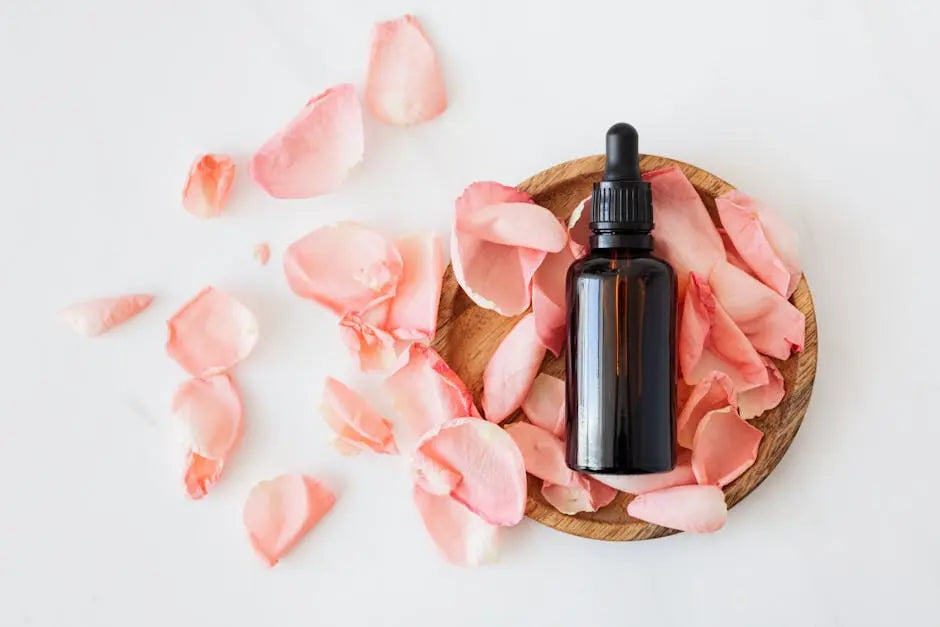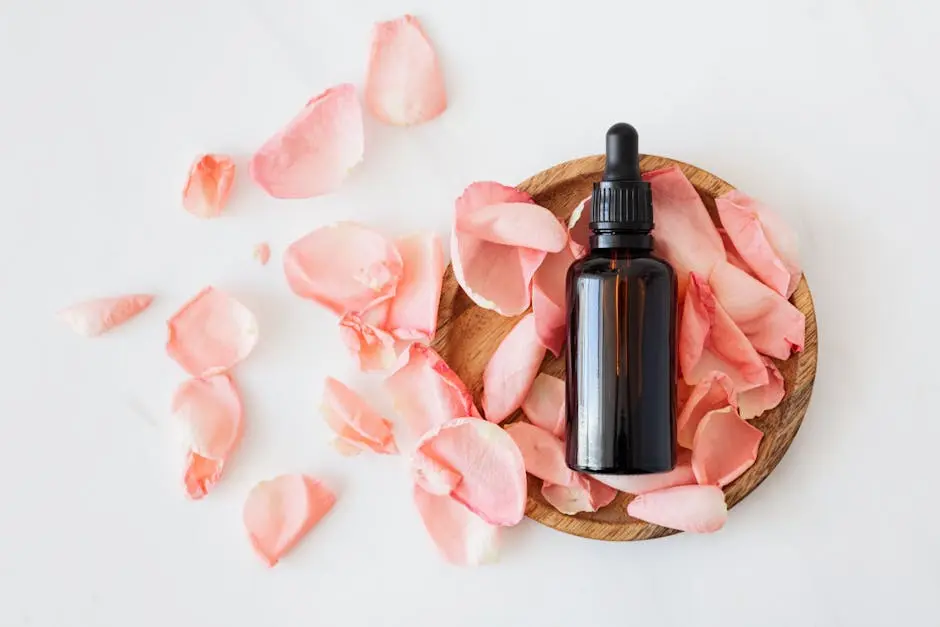Hydrating serums are a staple in any skincare routine, especially for those seeking to quench their thirsty skin. But with so many options on the market, how do you choose the right one? This blog will guide you through the essential ingredients that make a hydrating serum truly effective.
Understanding Hydration in Skincare
Hydration is the foundation of healthy skin. Discover why keeping your skin hydrated is crucial and how hydrating serums work to lock in moisture. A well-hydrated skin not only appears plumper and more radiant but is also more resilient against aging and environmental stressors. Ensuring your skincare routine includes a hydrating serum is akin to giving your skin a daily dose of vital nourishment.
Hyaluronic Acid: The Hydration Hero
Learn about Hyaluronic Acid, a powerhouse ingredient known for its exceptional moisture-binding capabilities, making it a must-have in hydrating serums. Capable of holding up to 1000 times its weight in water, this superstar ingredient can significantly boost your skin’s moisture levels, making it plump, soft, and supple. Its unique ability to attract and retain water makes it a universal ingredient, beneficial for all skin types.
Glycerin: The Moisture Magnet
Glycerin, another humectant, attracts water to the skin, ensuring it stays hydrated and feels soft to the touch. This ingredient works hand in hand with others to fortify your skin’s moisture barrier, ideal for those with dry or sensitive skin. Its gentle nature makes it a staple in products designed to hydrate without triggering irritation.
Ceramides: Strengthening the Skin Barrier
Ceramides are the unsung heroes of skin hydration and resilience. These lipid molecules are fundamental for maintaining the skin’s barrier and retaining moisture. By replenishing your skin’s natural ceramides, you help prevent moisture loss and protect against environmental aggressors, keeping your skin looking its best. Incorporating ceramides in your hydrating serum ensures your skin barrier remains intact and well-hydrated.
Antioxidants: The Protective Power
Antioxidants play a dual role in skincare by not only protecting the skin from free radical damage but also enhancing hydration and overall skin health. Ingredients like Vitamin C, Vitamin E, and Ferulic acid not only ward off environmental stresses but also improve the skin’s texture and brightness. When combined with hydrating elements, antioxidants help ensure your skin remains youthful and luminous.
Peptides: Boosting Collagen and Hydration
Peptides are small chains of amino acids that signal your skin to produce more collagen, leading to firmer, plumper skin. They work by mimicking the building blocks of skin cells, encouraging them to rejuvenate and repair. Including peptides in a hydrating serum can not only increase skin hydration but also improve skin elasticity and reduce the appearance of fine lines.
Choosing a Serum Based on Your Skin Type
Whether you have oily, dry, combination, or sensitive skin, there’s a hydrating serum for you. The key is understanding which ingredients best suit your skin type. Oily and acne-prone skin might benefit from serums that include Hyaluronic Acid and niacinamide to control sebum and maintain hydration without feeling heavy. Dry or sensitive skin types might look for serums rich in Glycerin and Ceramides to deeply nourish and soothe the skin. Remember, the right serum will feel like a seamless part of your skincare, effortlessly blending in and making your skin feel its best.
Application Tips for Maximum Efficacy
To get the most out of your hydrating serum, apply it to damp skin after cleansing. This helps lock in extra moisture. Use gentle patting motions to distribute the serum evenly, and follow up with a moisturizer to seal in all that hydrating goodness. Consistency is key; use your serum regularly, preferably in both your morning and evening routines, to see significant improvements in your skin’s hydration levels and overall appearance.
Finding Your Ideal Hydrating Serum
Choosing the right hydrating serum boils down to understanding what your skin needs and which ingredients can meet those needs. By focusing on serums that contain some or all of the ingredients mentioned above, you can ensure that your skin receives the hydration, protection, and care it deserves. Don’t forget to patch test new products and consult with a dermatologist if you have specific skin concerns. Happy hydrating!


